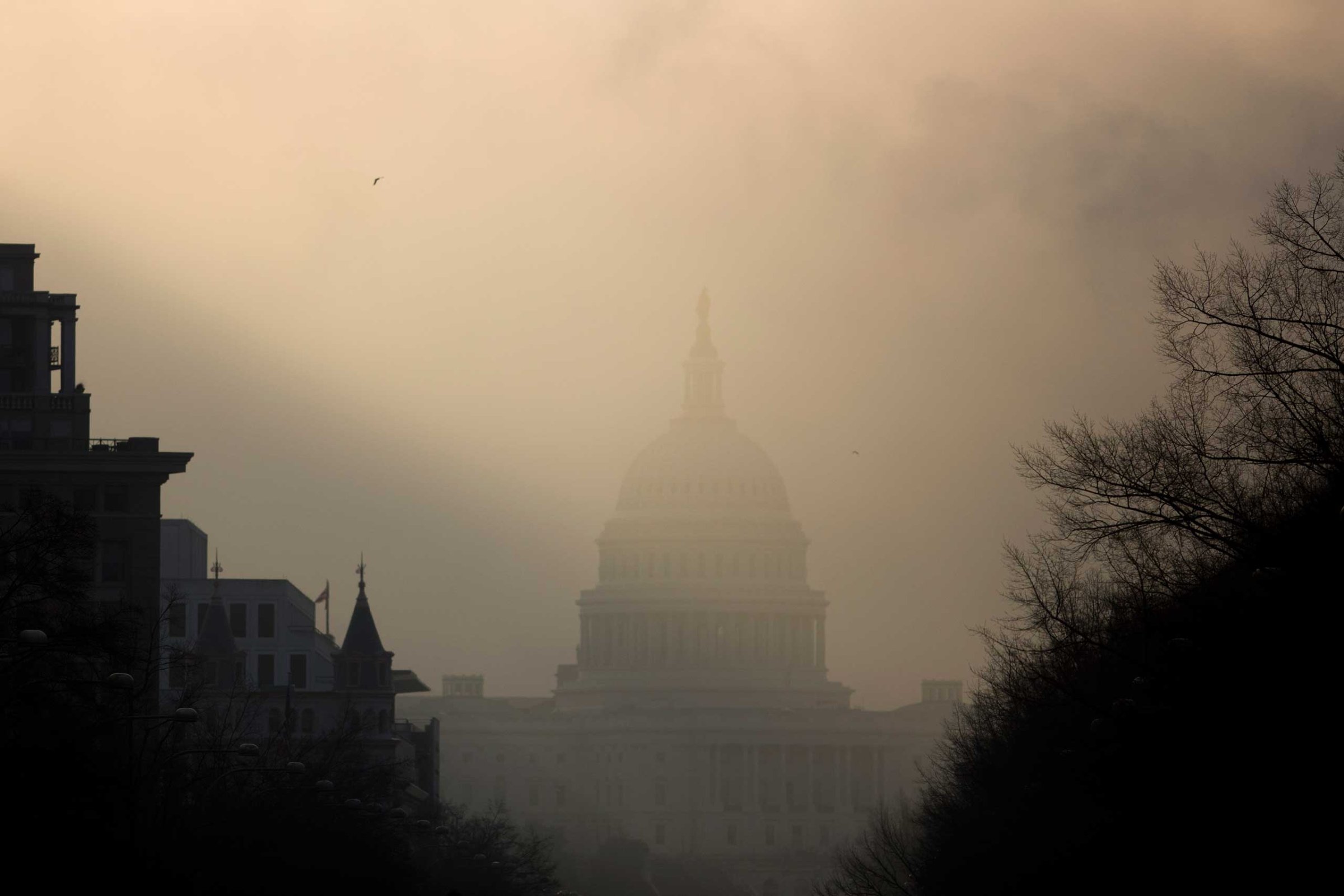
Let’s face it: 2014 was no 2008. As far as politics goes, this year won’t go down in American history as one of the more notable ones.
But sometimes it’s the things that didn’t happen that are more interesting. And some very big things didn’t happen this year, even though pundits and commentators once thought they might.
Here’s a look at the seven biggest things that didn’t happen in Washington in 2014.
The House never passed an immigration reform bill.
What might have happened: In June of 2013, the Senate passed a bipartisan overhaul of the nation’s immigration laws. The House could have voted on that bill or passed its own version.
Who thought it would happen: Some Republicans. Many party leaders thought Republicans needed to put the immigration issue behind them in order to win the White House in 2016.
Why it didn’t happen: House Republicans sat the issue out. Speaker John Boehner never brought the Senate bill to the House floor or offered an alternative.
Could it happen next year? Not likely. When President Obama deferred deportation for millions on his own in November, Boehner argued that he had poisoned the well.
There was no big Supreme Court nomination fight.
What might have happened: With four justices born in the 1930s, one could have retired, following in the footsteps of former Justices David Souter, Sandra Day O’Connor and John Paul Stevens.
Who thought it would happen: Some liberal court-watchers suggested that Justice Ruth Bader Ginsburg, 81, should step down to ensure a Democratic-appointed successor.
Why it didn’t happen: They weren’t interested. For her part, Ginsburg noted that she’s still capable of doing the work and she seems to be having the time of her life.
Could it happen next year? Unlikely. The combination of a Democratic president and a Republican Senate would give both liberal and conservative justices pause.
Republicans never settled on an alternative to Obamacare.
What might have happened: Republicans in Congress could have gotten serious about the “replace” in “repeal and replace” and introduced an official alternative to the Affordable Care Act.
Who thought it would happen: Former House Majority Leader Eric Cantor. In January, he said the party would “rally around an alternative to Obamacare and pass it on the floor of the House.”
Why it didn’t happen: Election-year politics. An official Republican alternative would have been a sitting target for Democratic candidates.
Could it happen next year? Not likely. Republicans may now control all of Congress, but as long as they can’t get their plan past the president’s desk, there’s little incentive to produce one.
Congress didn’t debate tax reform.
What might have happened: The House Ways and Means Committee chairman Dave Camp’s tax reform plan, unveiled in February, could have sparked a serious effort to reform the tax code.
Who thought it would happen: Camp. He argued that Congress has an “obligation to debate the big issues of the day.” His plan was also praised by Rep. Paul Ryan, who called it a “terrific first step.”
Why it didn’t happen: Election-year politics. Passing tax reform would mean picking fights with a number of special interests and handing the president a win.
Could it happen next year? Probably not. Political observers now think the tax reform debate probably won’t begin in earnest until at least 2017.
The government didn’t shut down.
What might have happened: Conservatives angry over President Obama’s immigration and liberals angry over the repeal of some Wall Street oversight could have shut the government down.
Who thought it would happen: After last year’s bruising shutdown, no one thought it would happen again, but Congress came pretty close in December.
Why it didn’t happen: Both sides punted. The trillion-dollar spending bill passed earlier this month funded the government through September, but it left open a fight over immigration funding.
Could it happen next year? It’s unlikely. Even if conservatives pick a fight over immigration next year, it would only affect one federal agency, Homeland Security.
Obama didn’t become a powerless lame duck.
What might have happened: President Obama could have coasted into the final, lame-duck years of his presidency, wary of taking risks that might hurt Hillary Clinton in 2016.
Who thought it would happen: Some commentators and pundits already said that it had, slamming him for being passive and uninspiring.
Why it didn’t happen: Obama got energized. After Democrats lost the midterms, Obama took bold steps on immigration and reopening diplomatic relations with Cuba.
Could it happen next year? Certainly. There’s only so much the president can do on his own, so at some point he’ll be stuck either vetoing or approving Republican plans.
Congress didn’t find an intelligence failure on Benghazi.
What might have happened: The House Intelligence Committee could have unveiled dramatic, damning findings after a two-year investigation into the Benghazi attacks in Libya.
Who thought it would happen: Republicans. Despite multiple investigations into the attacks, many conservatives have been certain they’ll find a smoking gun.
Why it didn’t happen: The House committee didn’t find anything. The report, which was pushed out quietly on a Friday, found “no intelligence failure prior to the attacks.”
Could it happen next year? Unlikely. Rep. Trey Gowdy, who chairs the House Benghazi Committee, has promised more hearings, but it’s hard to imagine he’ll find anything new.
See the 2016 Candidates Looking Very Presidential
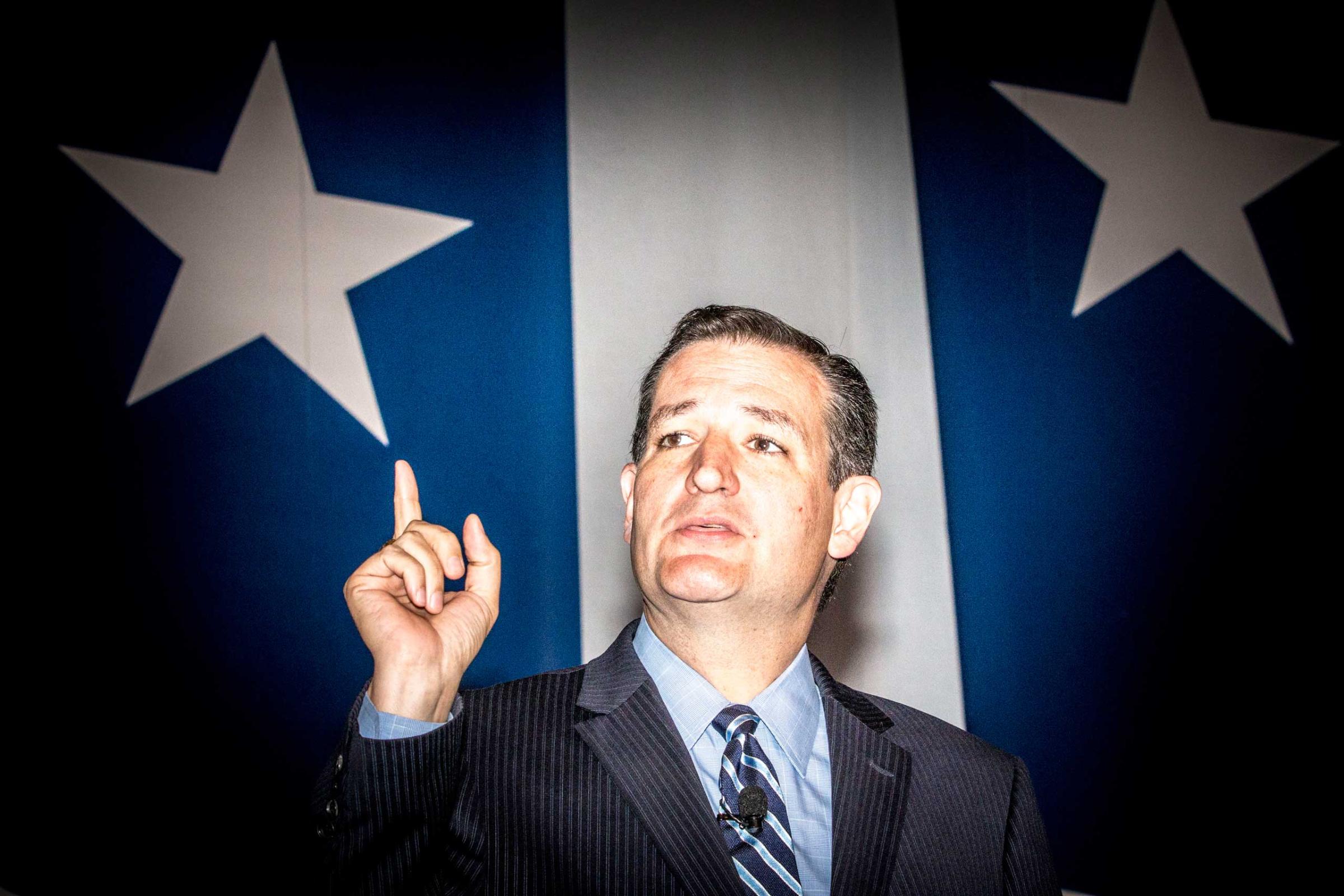
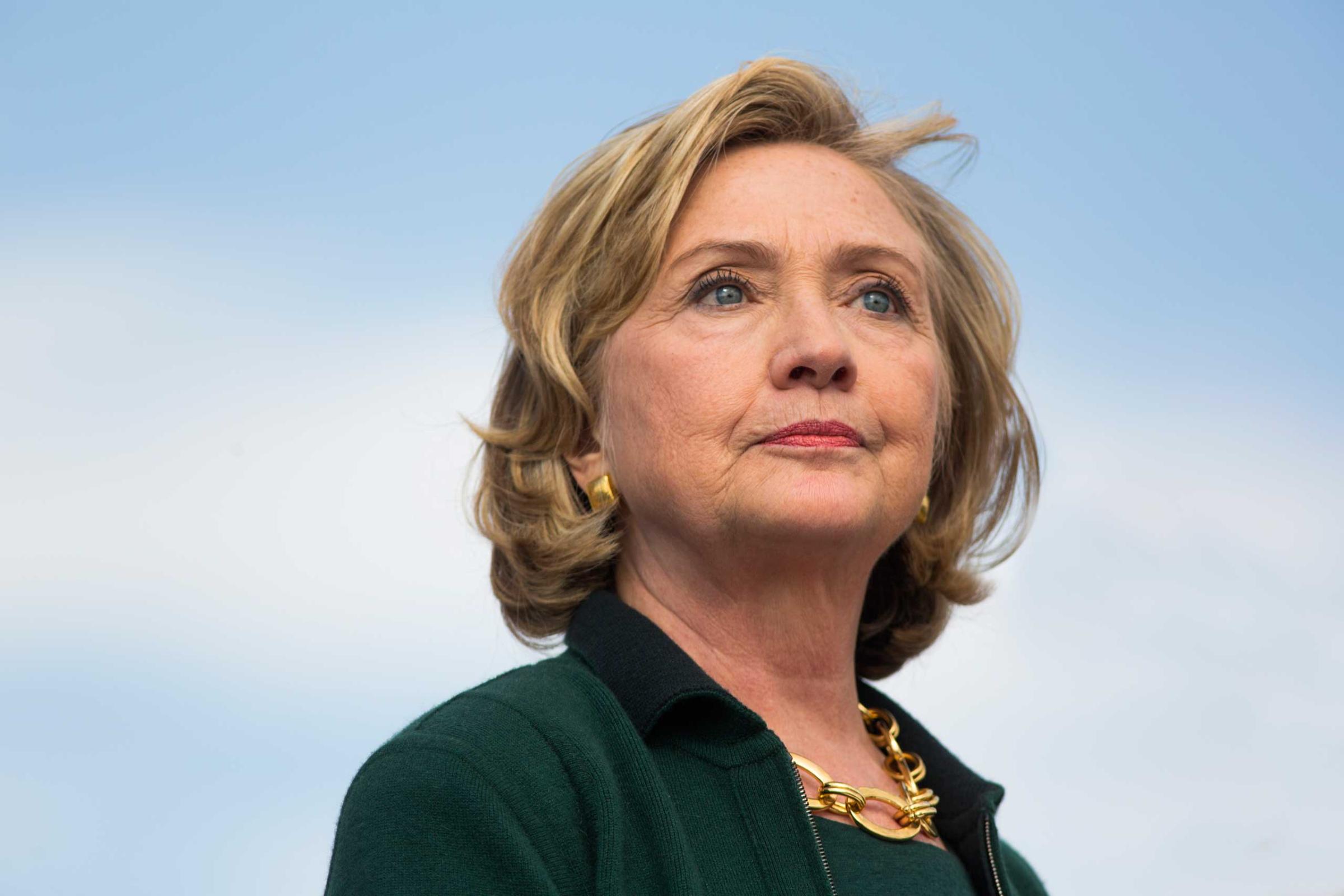
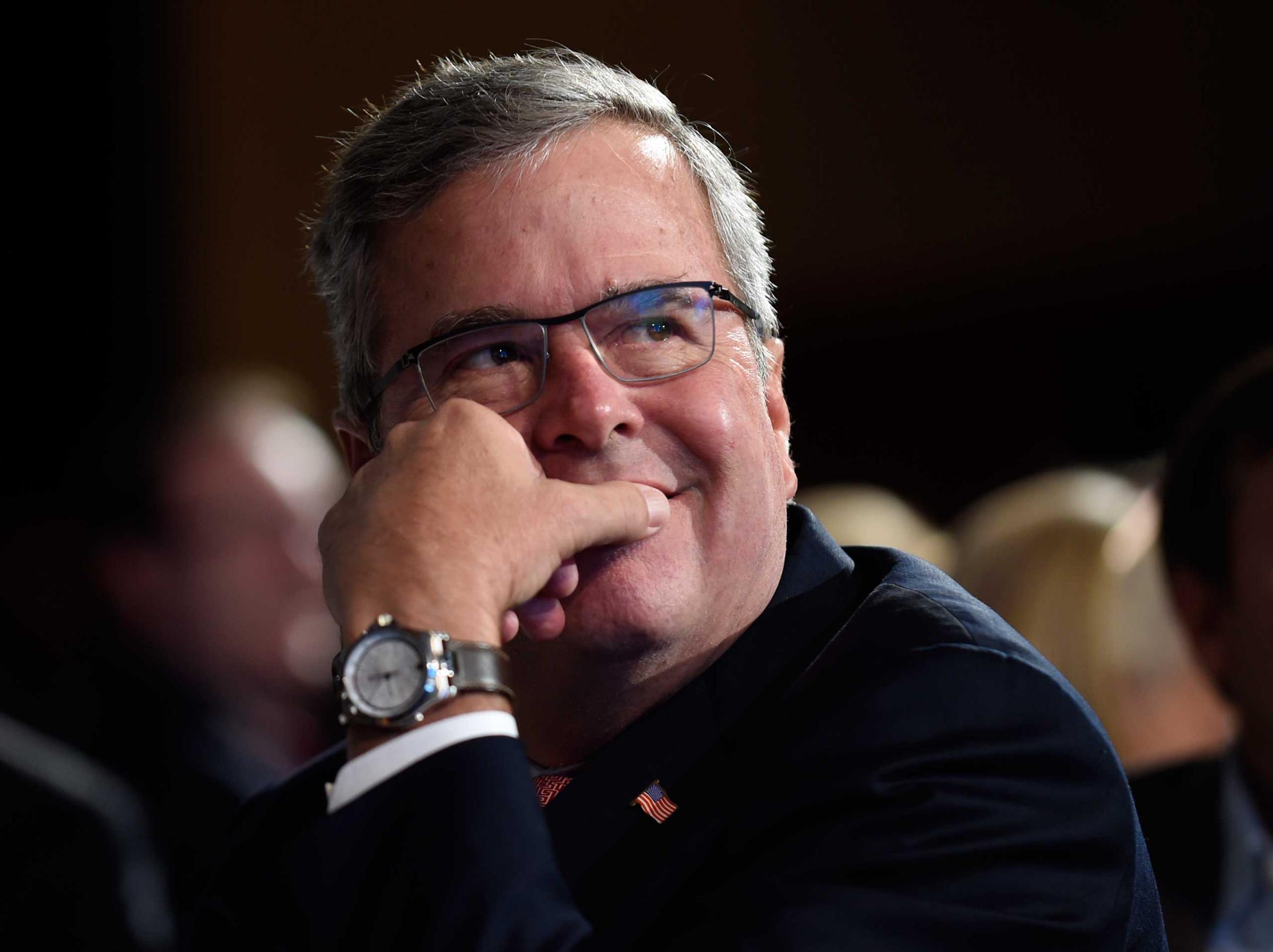
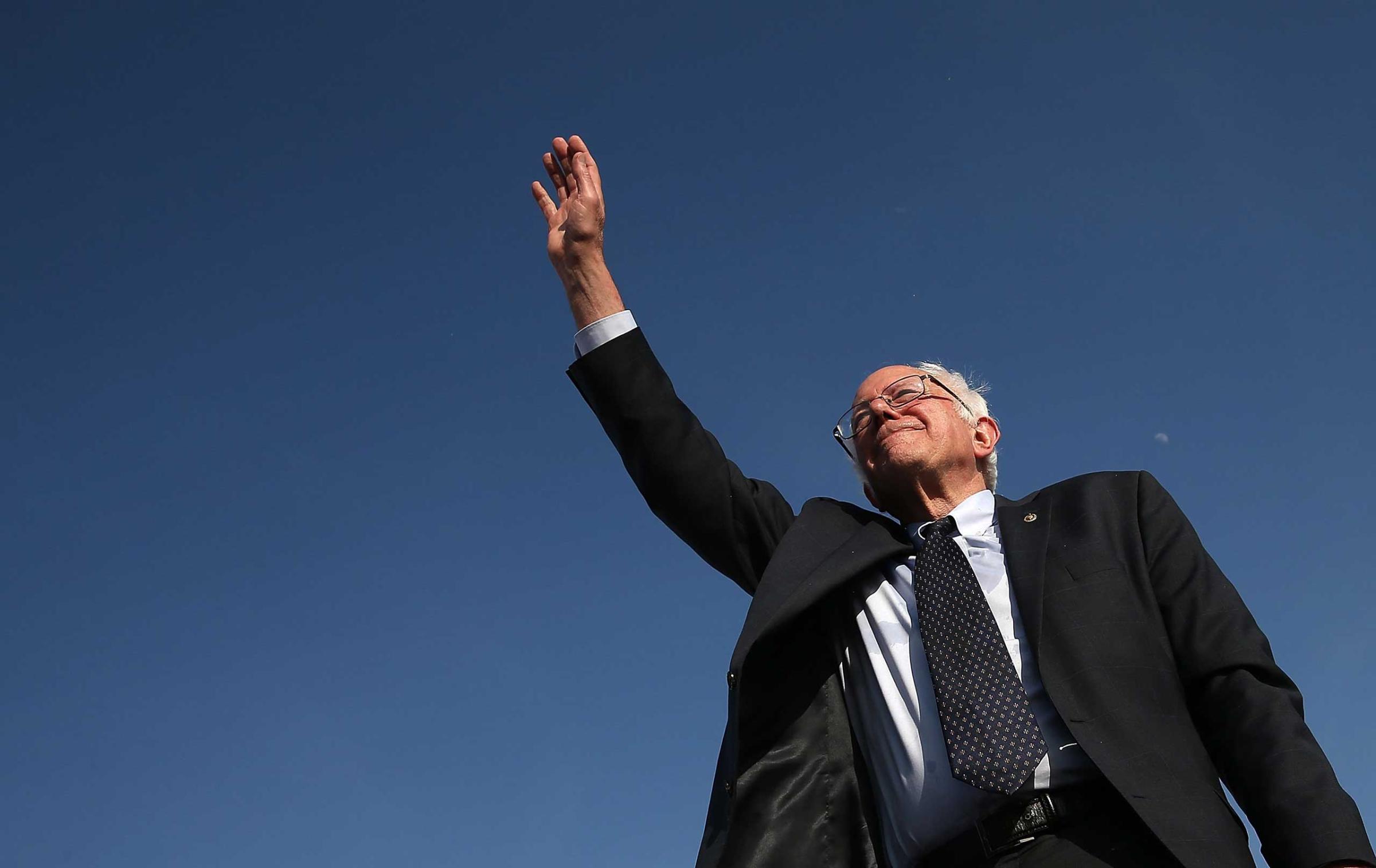
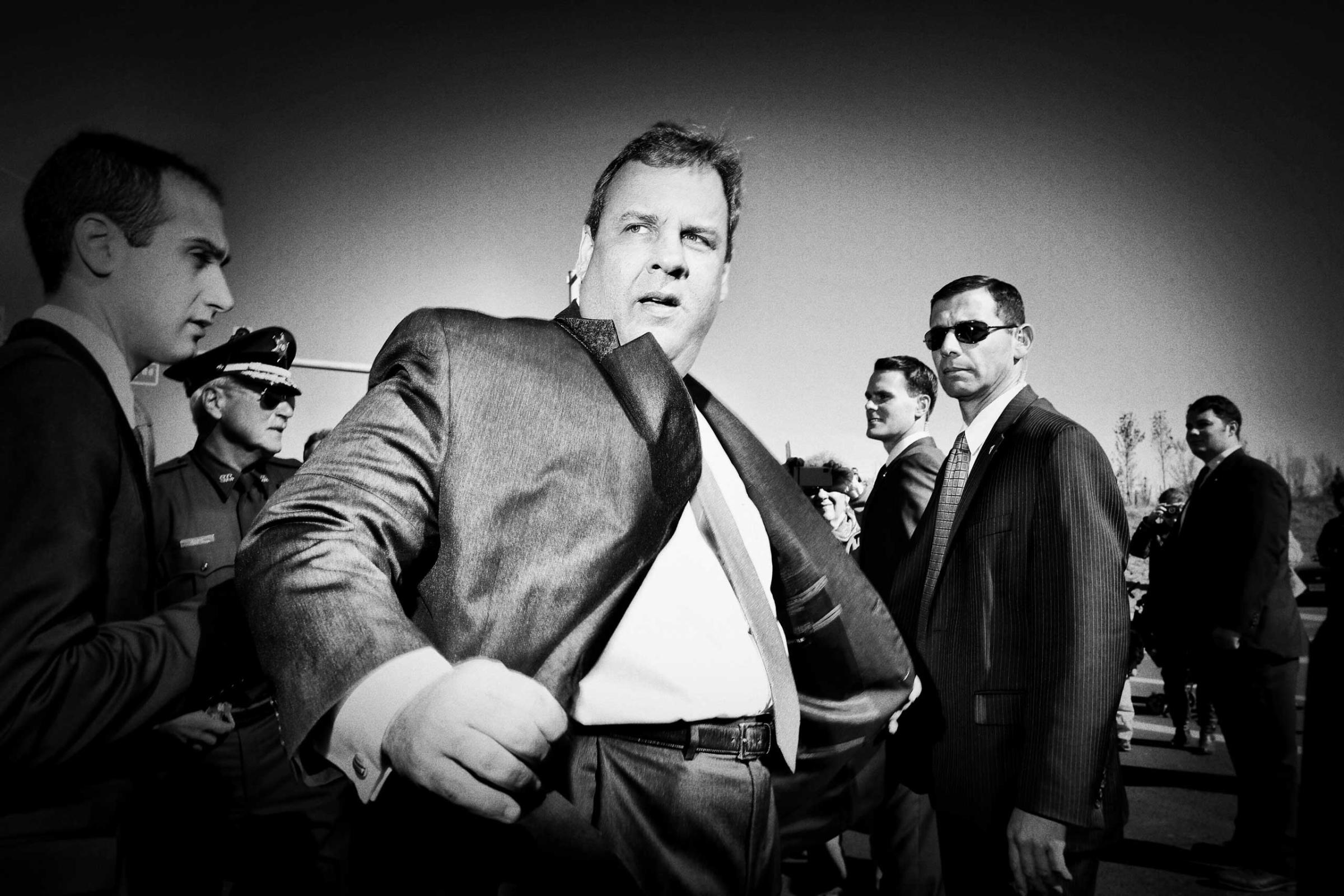
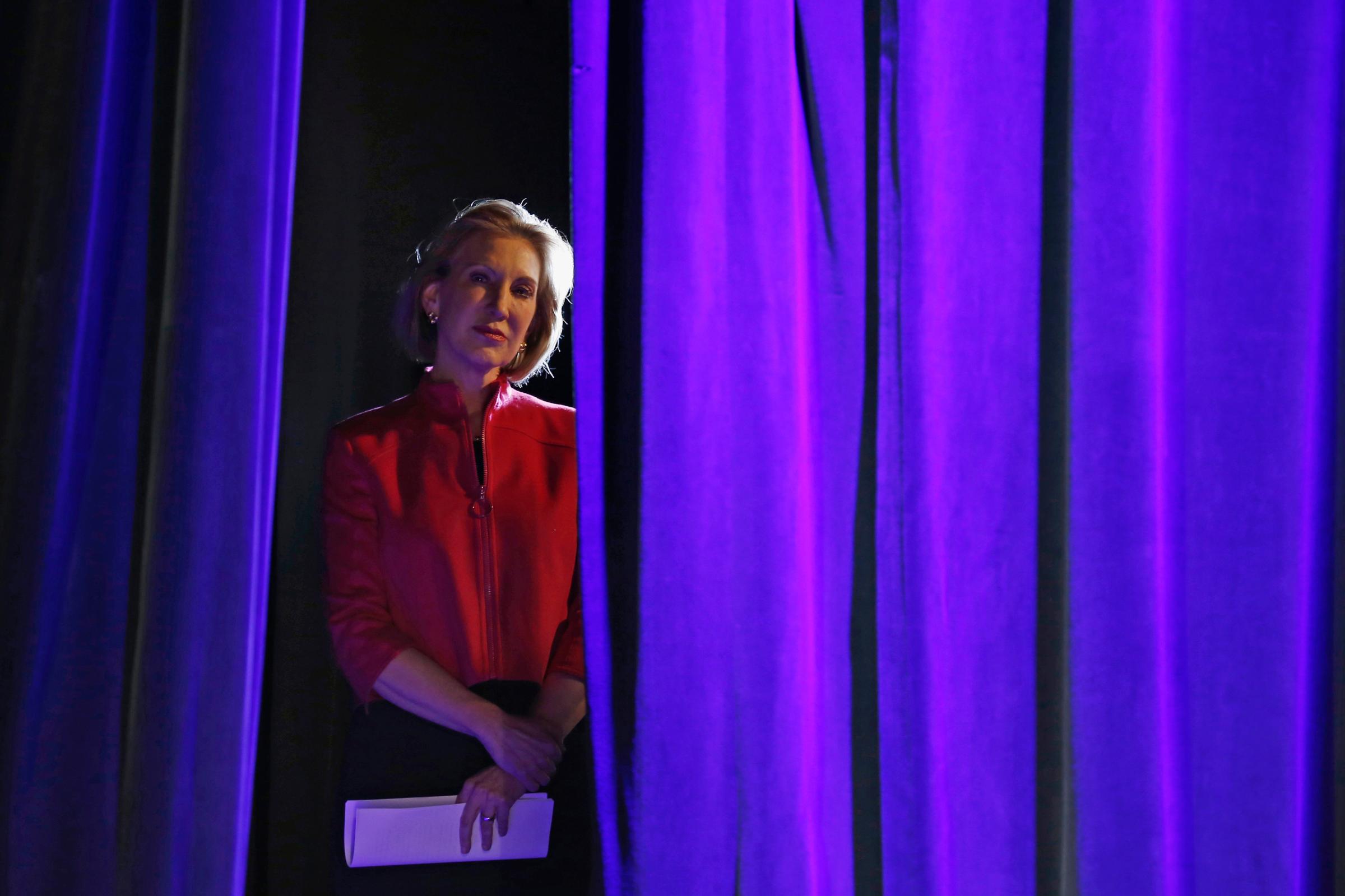
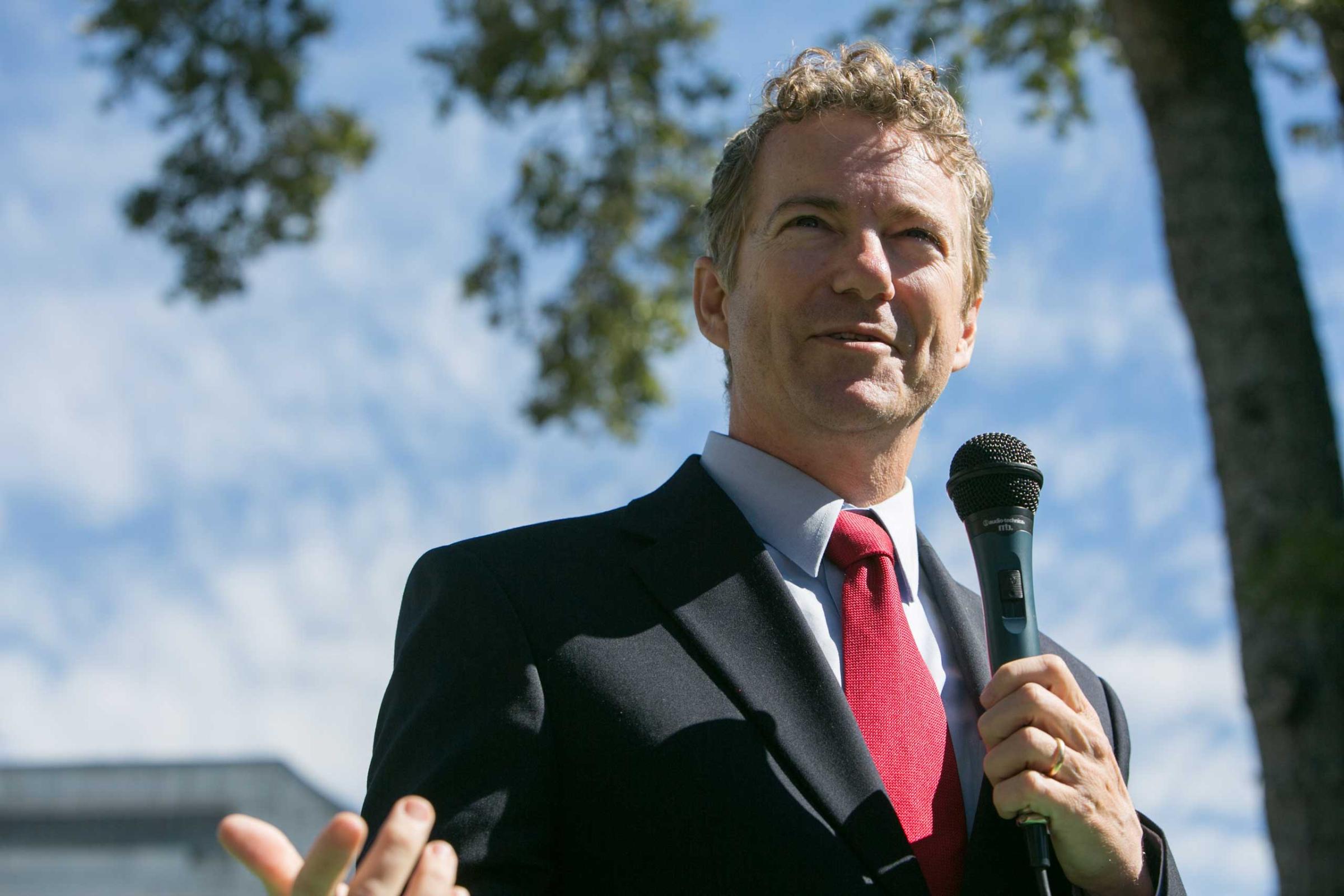

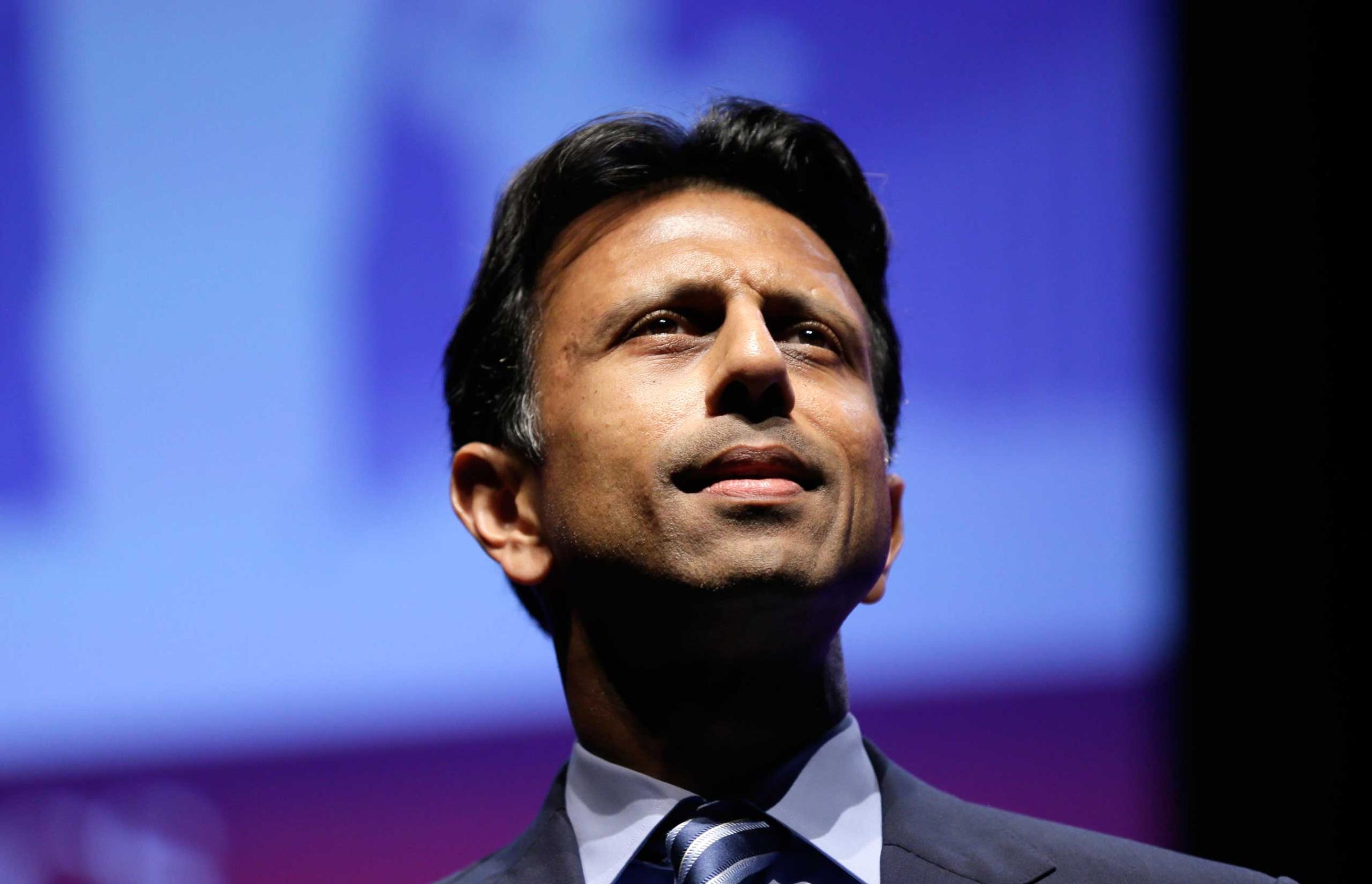
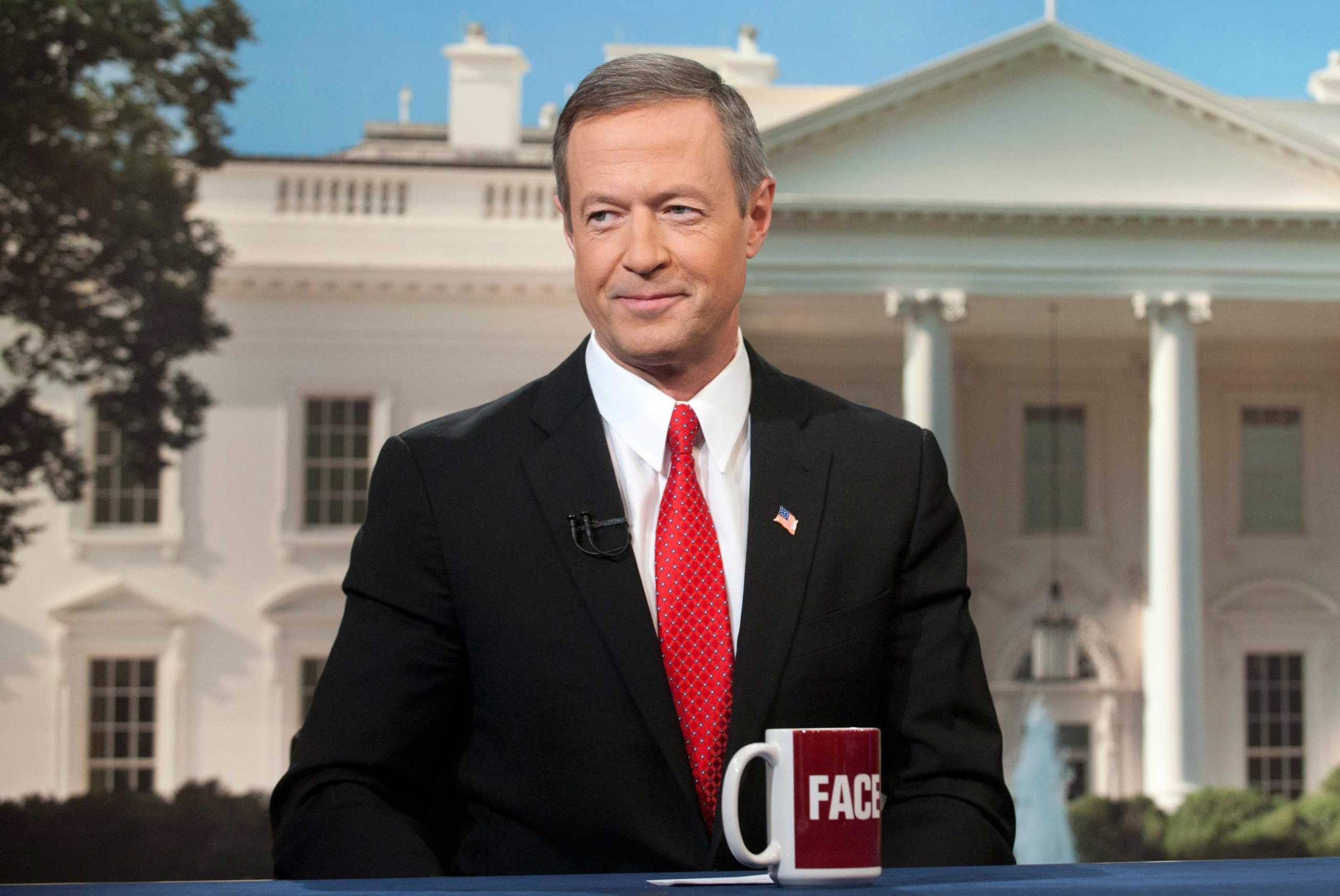
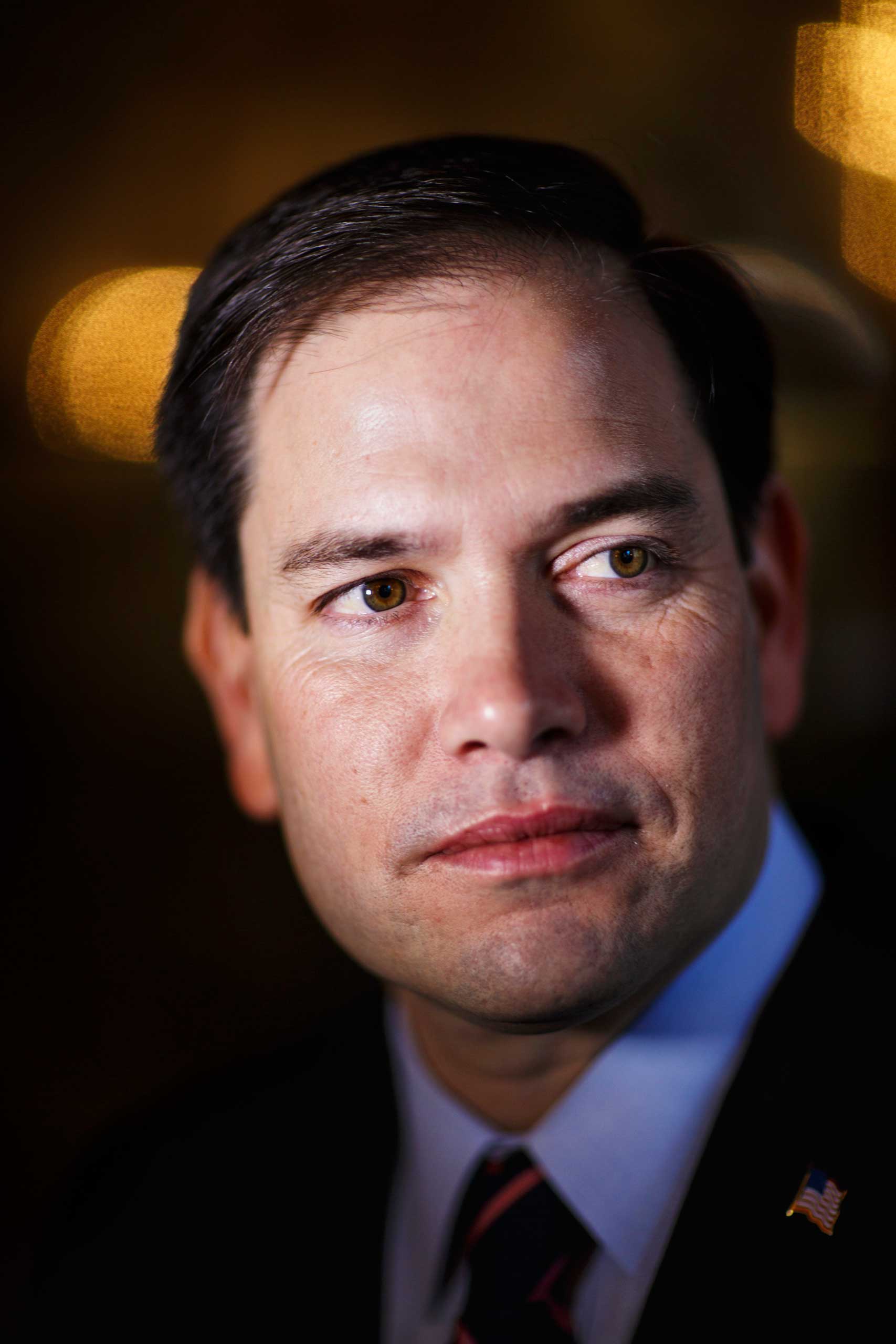
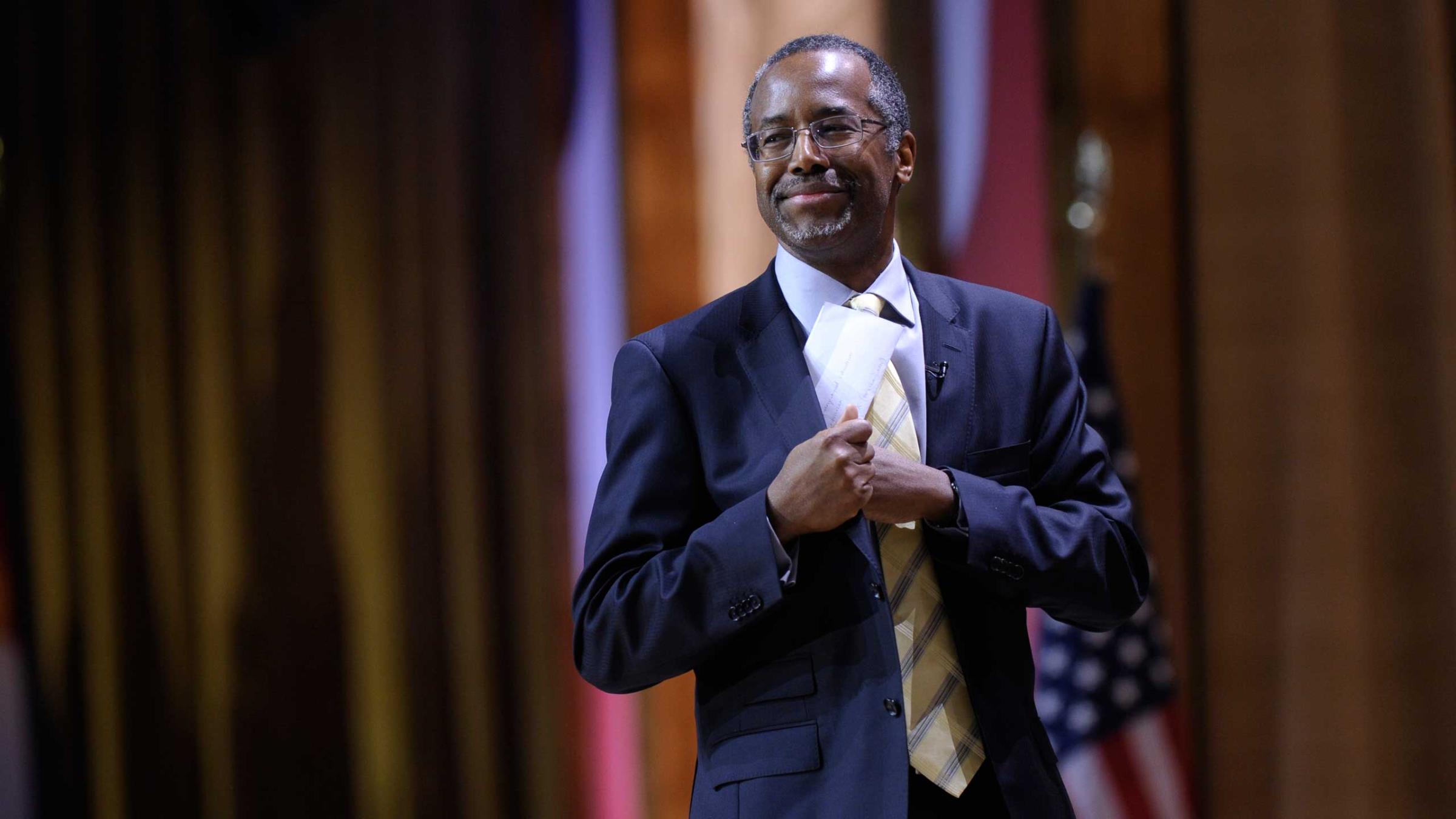
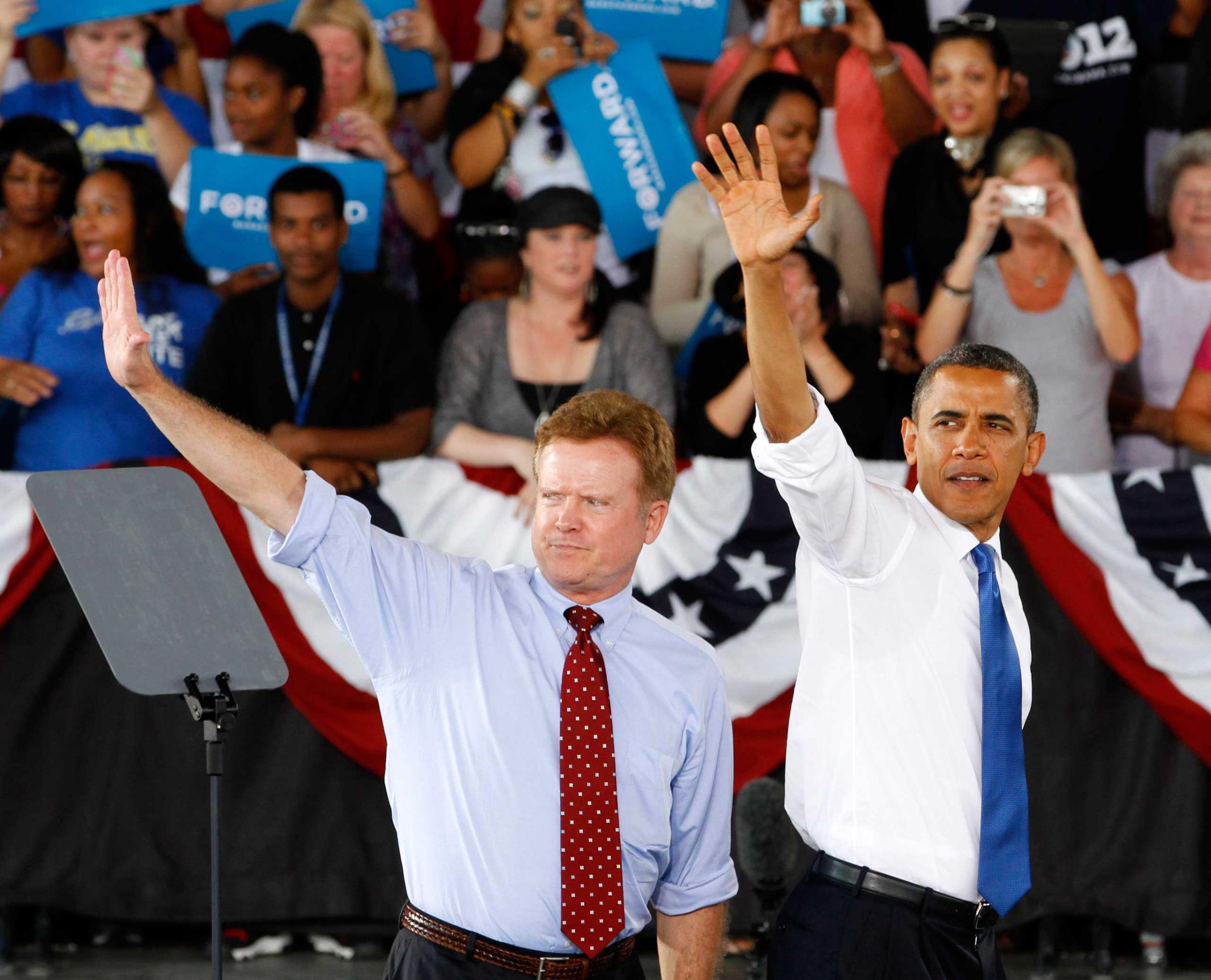
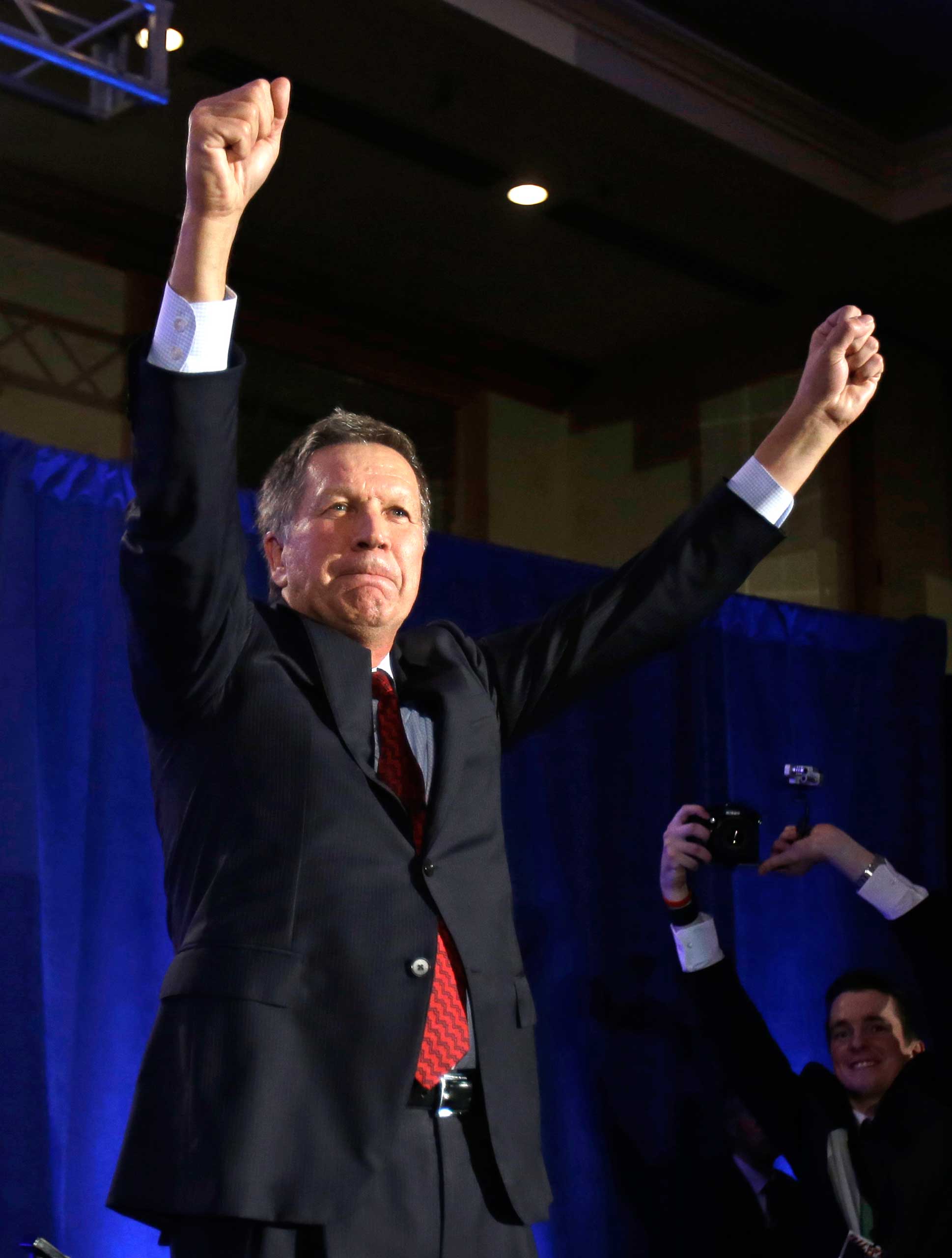
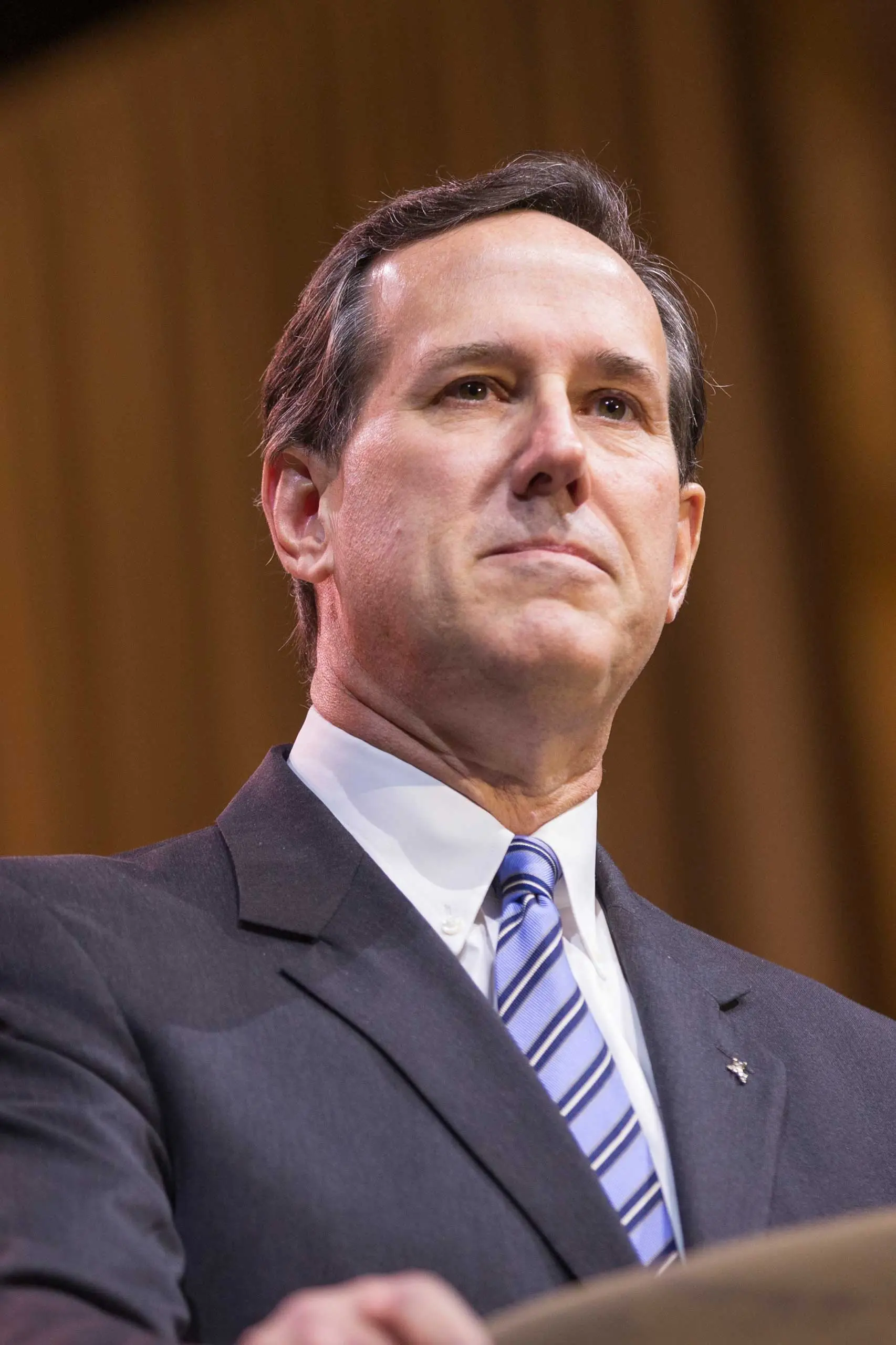
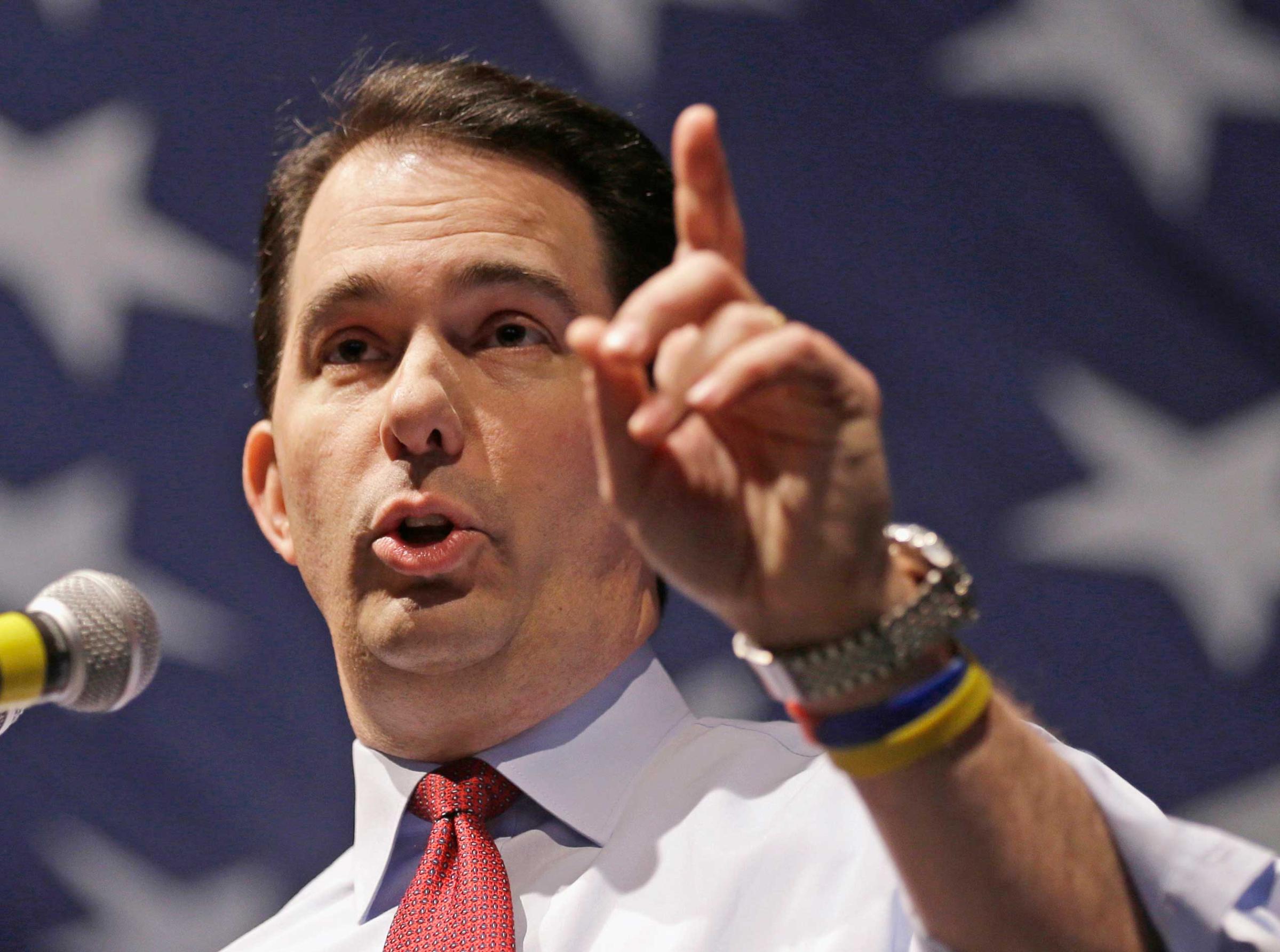

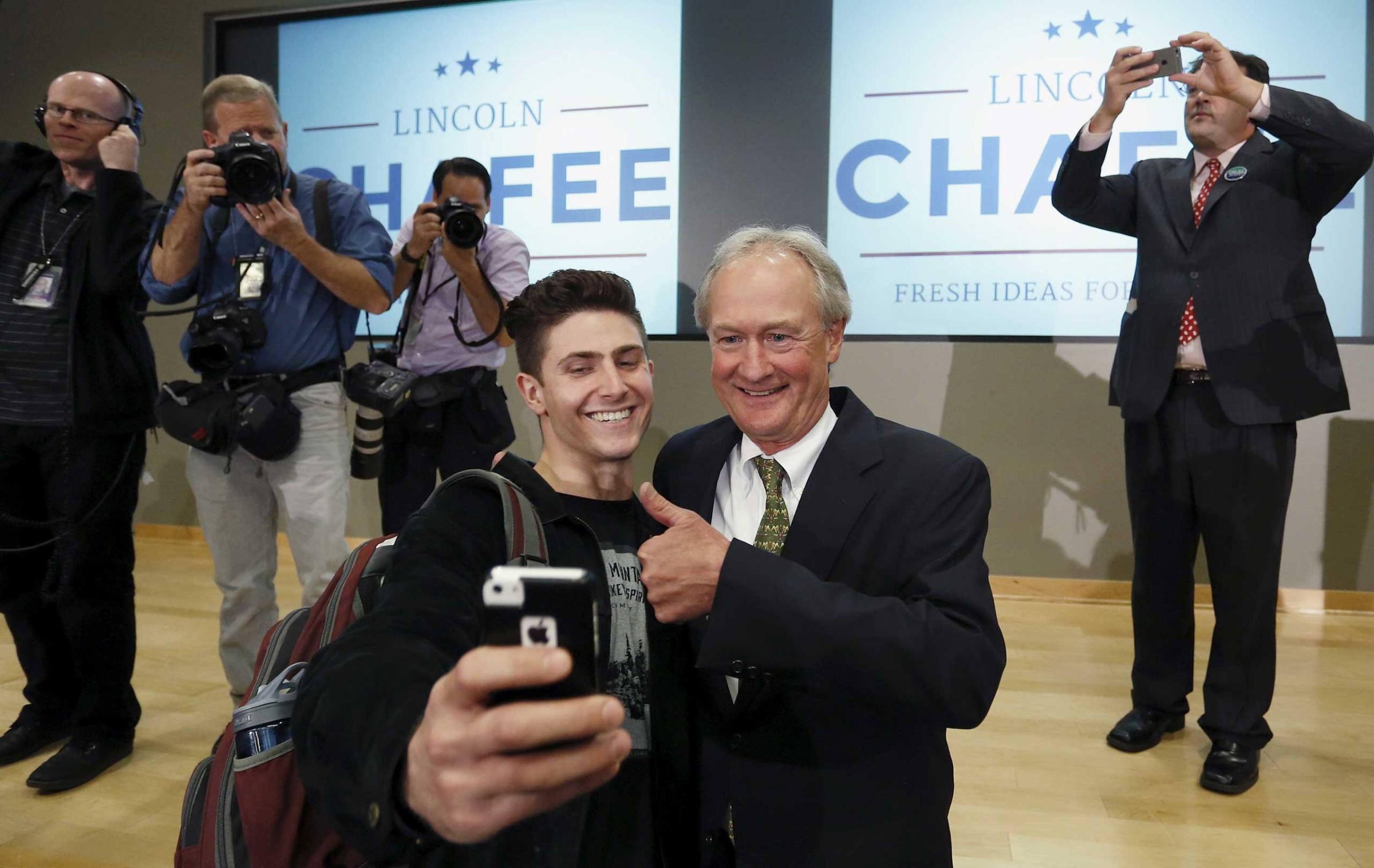
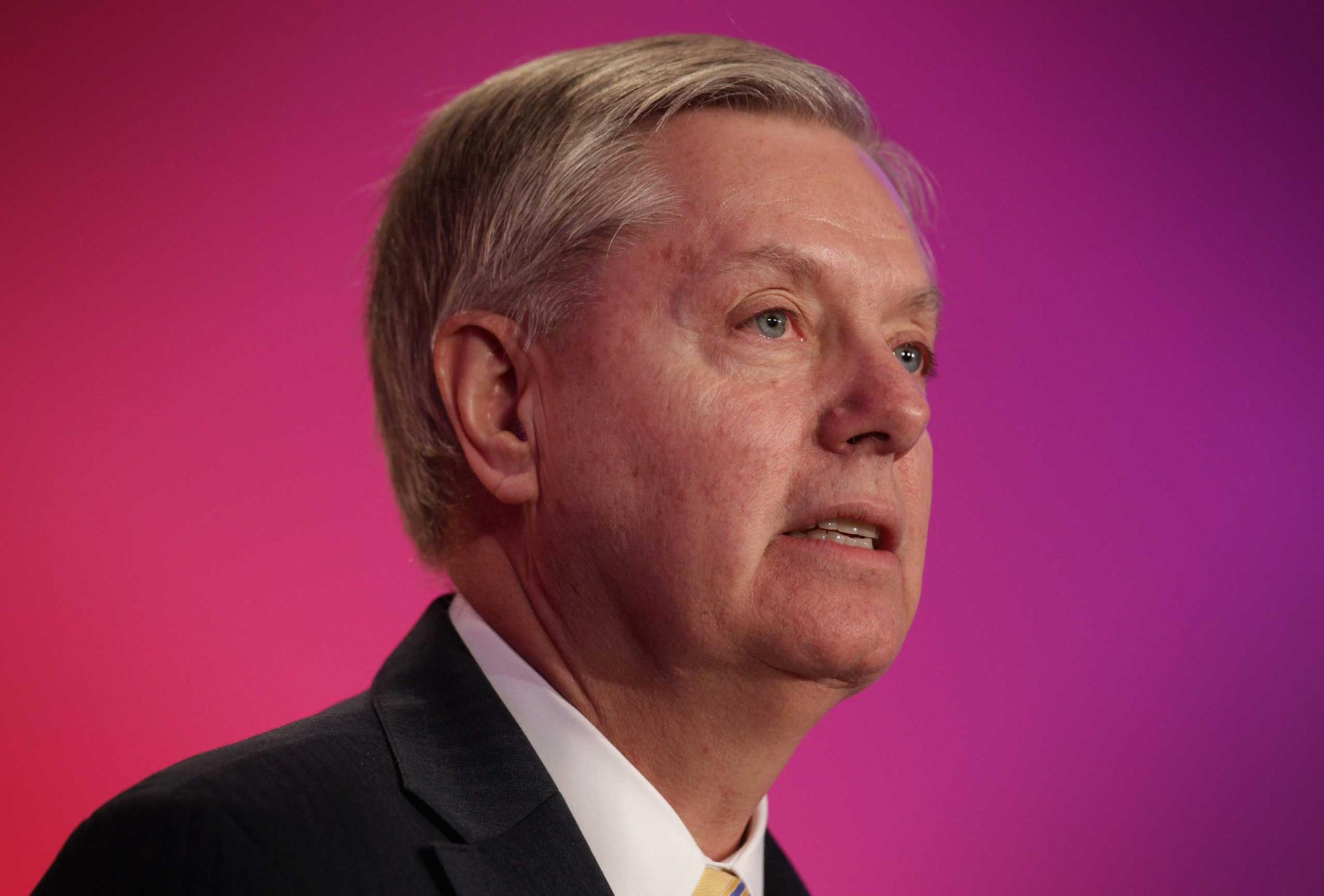
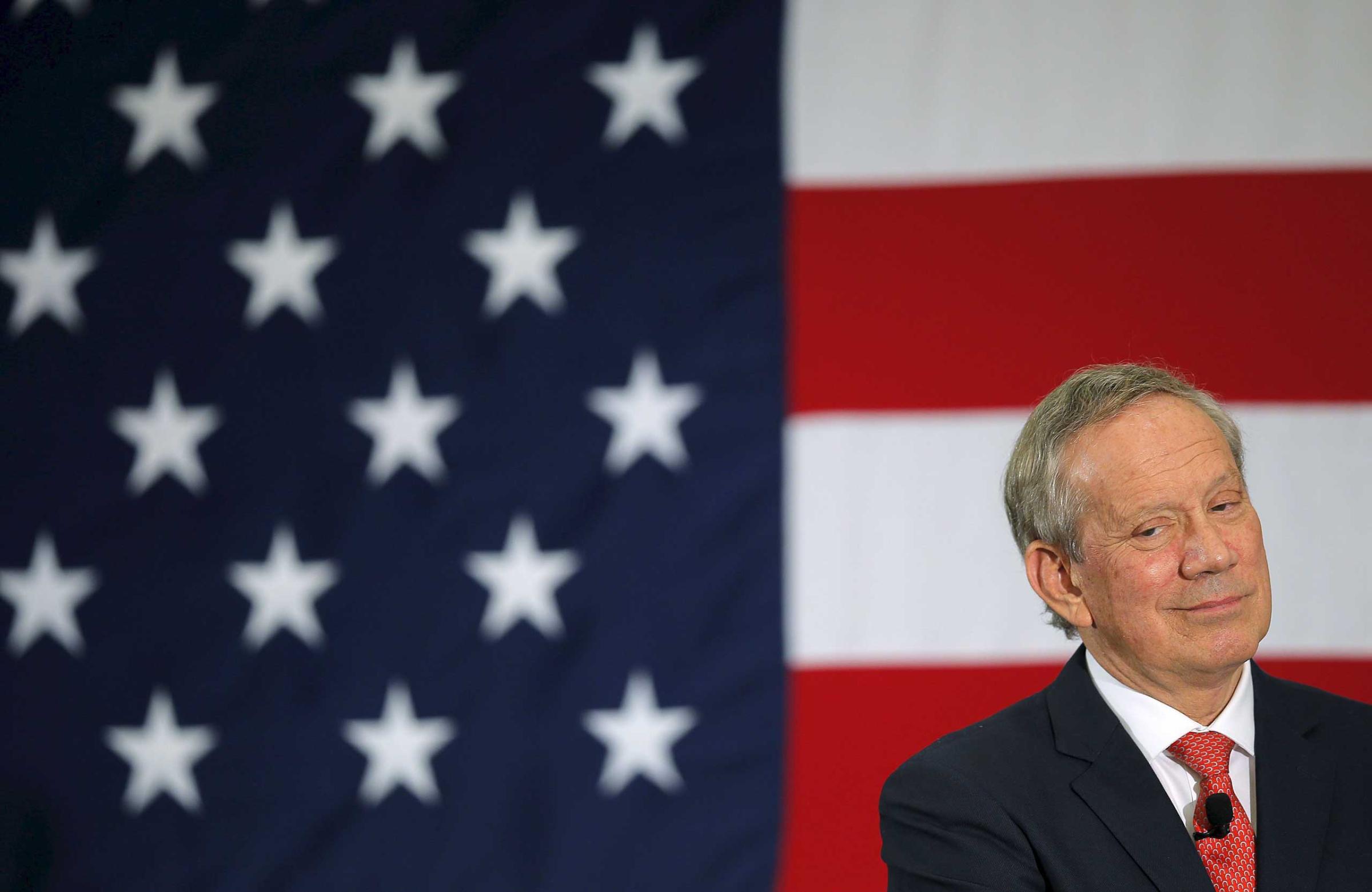
More Must-Reads from TIME
- Donald Trump Is TIME's 2024 Person of the Year
- Why We Chose Trump as Person of the Year
- Is Intermittent Fasting Good or Bad for You?
- The 100 Must-Read Books of 2024
- The 20 Best Christmas TV Episodes
- Column: If Optimism Feels Ridiculous Now, Try Hope
- The Future of Climate Action Is Trade Policy
- Merle Bombardieri Is Helping People Make the Baby Decision
Write to Tessa Berenson Rogers at tessa.Rogers@time.com